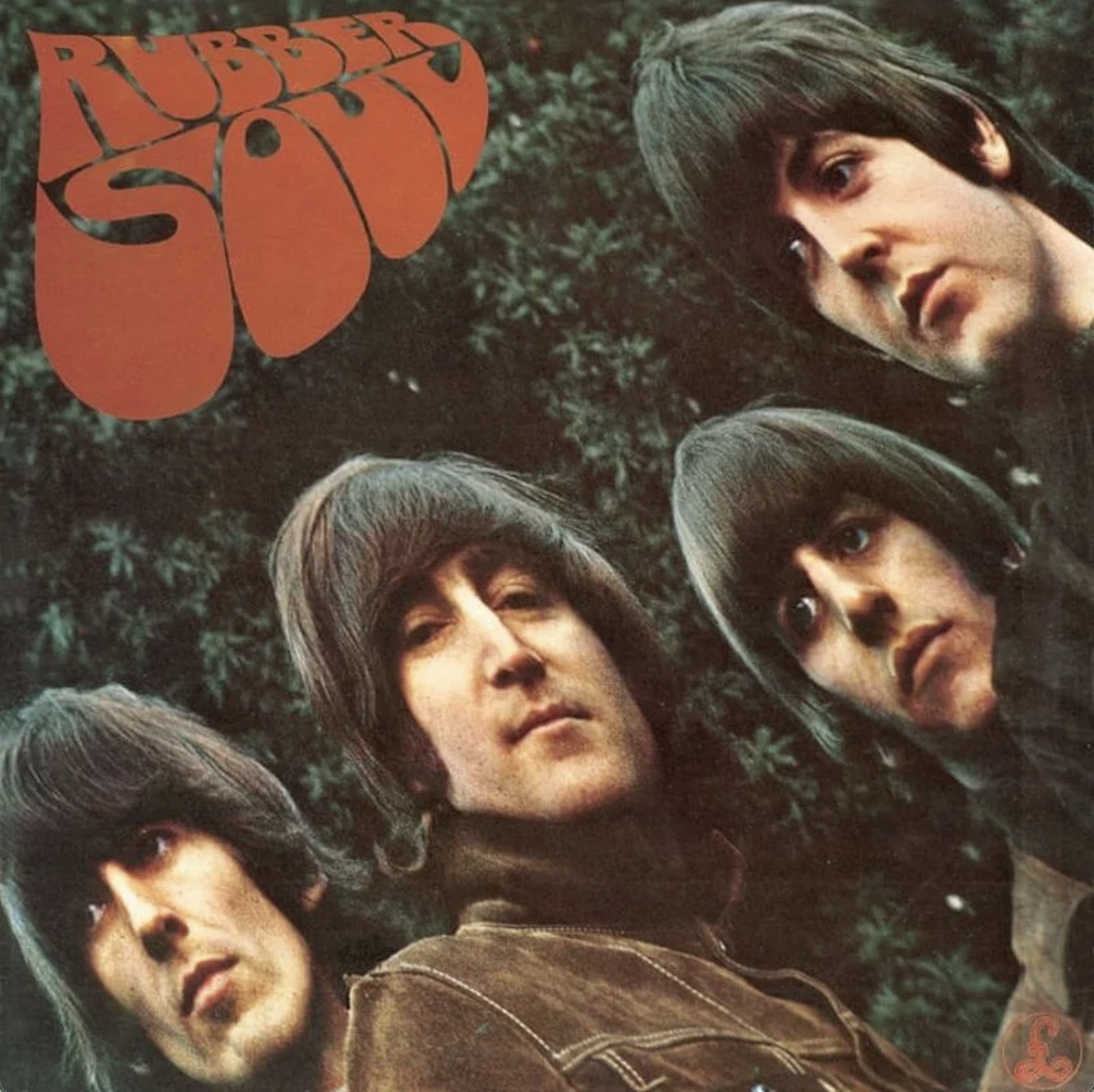This week in entertainment history… The Beatles’ “Rubber Soul,” released Dec. 6. PHOTO CREDIT: faroutmagazine.co.uk
This week in music history changed the landscape of music, through births of influential musicians and release of iconic tracks and albums.
This past week marked the births of many influential artists, as well as others within the music industry. On Dec. 5, 1923, Sam Phillips, the founder of Sun Records, was born. Phillips, while not a household name himself, helped launch many important musicians’ careers. Most notably, Phillips produced the early recordings of Elvis Presley, before selling his contract to RCA Records. Phillips also produced for Jerry Lee Lewis and Johnny Cash, among many others.
This week also marked the anniversary of the births of Ozzy Ozbourne and Randy Rhoads. Born on Dec. 3, 1948, Ozbourne was a founding member of the Birmingham-based Black Sabbath, known especially for their tracks “War Pigs,” “Paranoid” and “Iron Man,” all off their sophomore album, “Paranoid.” Following his time with Black Sabbath, he has had an extensive solo career, recruiting former Quiet Riot guitarist Randy Rhoads, Born Dec. 6, 1956, to join his project. Rhoads is best known for his guitar on Ozbourne’s solo debut “Crazy Train.”
Ten years prior to Rhoads, Pink Floyd’s original frontman, Syd Barrett, was born. While not much of Barrett’s work with Pink Floyd is well known, much of their most well known work is dedicated to him, including their concept album “Wish You Were Here,” which is rated as the third-best album of all time by voters on Rateyourmusic.com.
Barrett’s birth was not the only major event for Pink Floyd this week in music history, however. To follow “Wish You Were Here,” Pink Floyd produced the album “Animals”. They decided the cover of this album would depict a massive pig-shaped balloon floating over Battersea Power Station in London. However, while setting up their photo, on Dec. 3, 1976, the pig balloon broke free from its moorings on the station, causing flights from the nearby Heathrow Airport to be canceled, before eventually landing in a cow pasture later that night. The pig balloon, named Algie, would become a staple at Pink Floyd performances from then on.
Five years earlier, another British band would have an experience that would define the rest of their career. The band Deep Purple arrived in Switzerland on Dec. 3 to record their sixth album, “Machine Head” at the Montreux Casino. However, the casino burned down the following night during a Frank Zappa concert, when someone in the crowd lit a flare. This would lead to the late addition of “Smoke on the Water,” a song retelling the story, and one of their most well known songs, to their album. “Machine Head” would go on to become Deep Purple’s most commercially successful album, becoming a number one album in eight countries.
In 1965, Bob Dylan made a controversial career move when he decided to “go electric” at the Newport Folk Festival. The festival marked a change from Dylan primarily creating acoustic folk music to more electric rock and blues. The guitar that Dylan played in Newport sold at auction on Dec. 6, 2013, for $965,000.
This week marked the anniversary of a few historic releases, too. On Dec. 5, 1969, the Rolling Stones released “Let It Bleed,” their tenth full-length release in America. This album included their hits “Gimme Shelter” and “You Can’t Always Get What You Want,” and was rated by Rolling Stone magazine as the 41st best album of all time.
On Dec. 6, 1965, the Beatles released “Rubber Soul” in America. Within, the Beatles began experimenting with new sounds and instruments, including the sitar on songs such as “Norwegian Wood.” This album was their first foray into psychedelia and musical experimentation, and would later be ranked by Rolling Stone as the 35th best album of all time.
This past week marked major changes in the music industry throughout history. While not much occurred in modern music history, the events which occurred helped lay the groundwork for the music industry as it is today.




